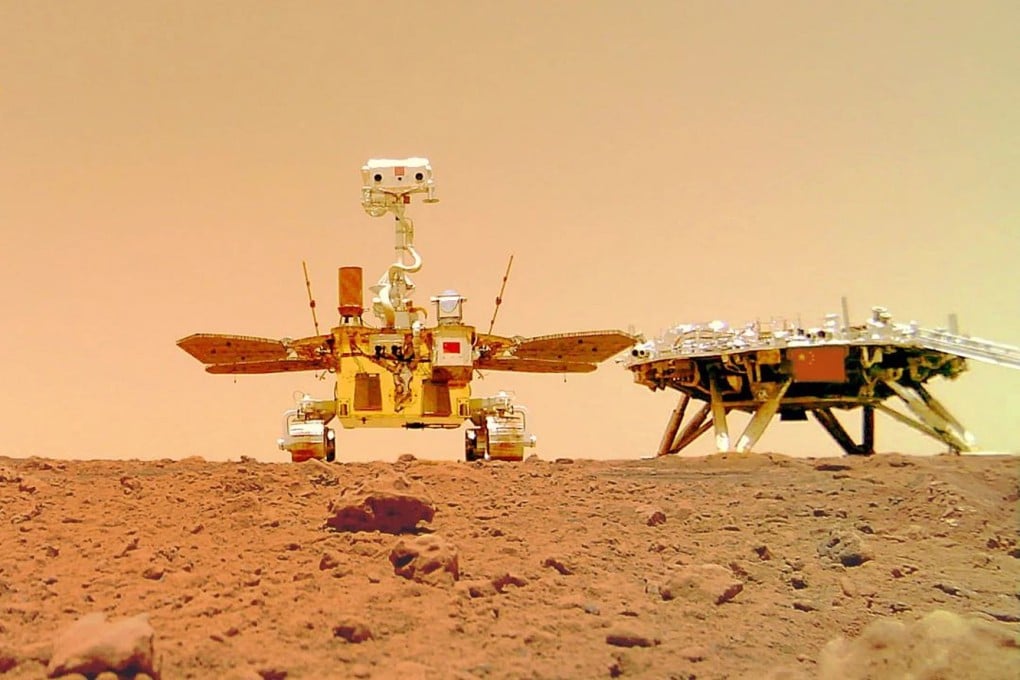Letters | What drives the West to dismiss China’s space victories: jealousy
- Insinuation that China’s rover landing on Mars was faked and unfair scrutiny of its space debris are but two examples
- Instead of improving themselves, the go-to strategy of Western critics appears to be to drag the competition down

China’s major breakthroughs in these areas stand in stark contrast to the US National Aeronautics and Space Administration (Nasa), which since the end of the Apollo programme has not managed to send another human to the moon. However, instead of respectfully congratulating or even acknowledging China’s achievements, people in the West seem intent on defaming.
After the China National Space Administration shared the Mars photos taken by Tianwen-1, some Twitter users posted links to the Wikipedia entry for the Gobi Desert in a clear attempt to insinuate that the Mars landing was faked. Others bring politics into the discussion unnecessarily, in a bid to take the shine off the achievement.
To me, it is apparent that all these criticisms stem not from facts but from jealousy: jealousy that China has surpassed the US, the winner of the Cold War space race, in terms of aerospace capability, or at least presents a real risk of doing so soon.